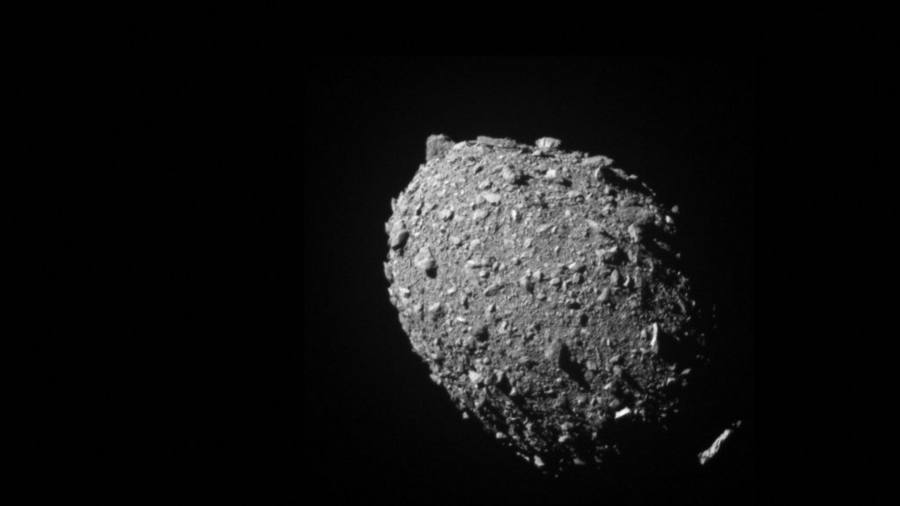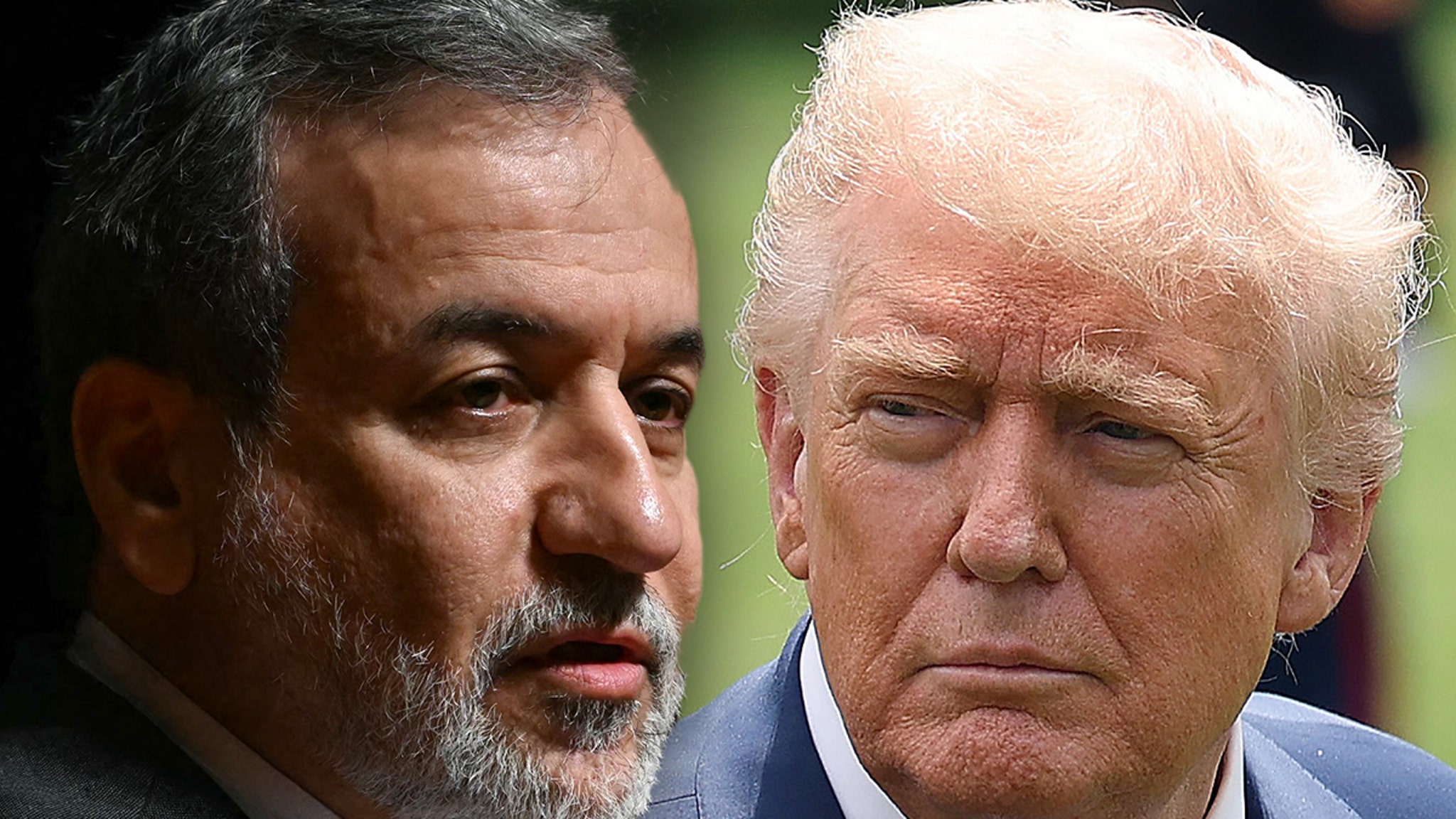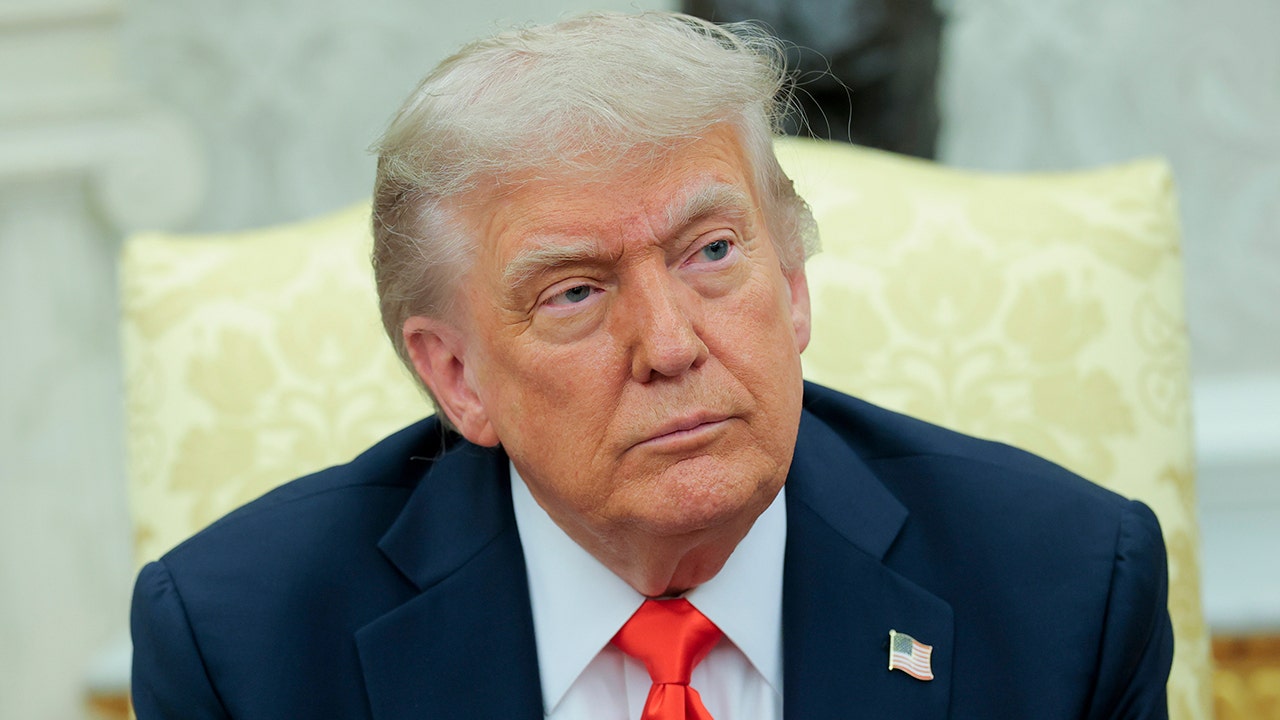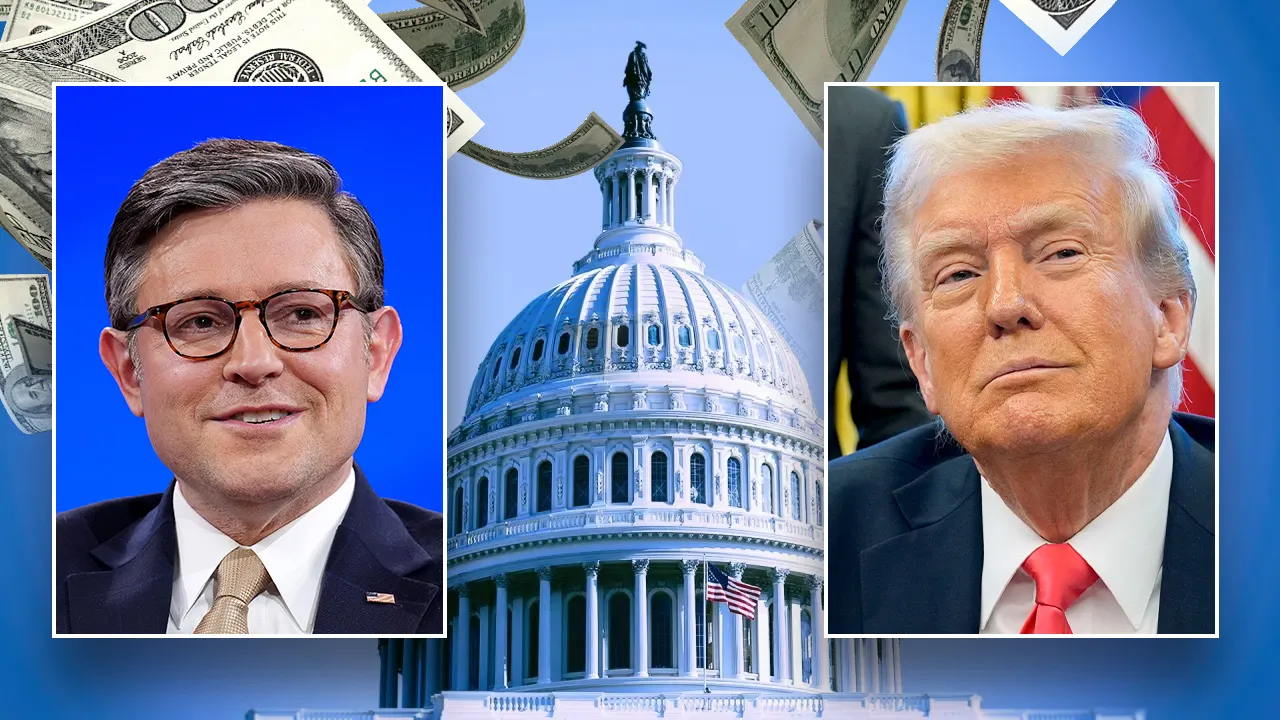They say with Donald Trump that accusation is confession. Having warned during the 2024 campaign that Joe Biden, then Kamala Harris, would trigger “world war three”, Trump is now offering a perilous test of that proposition. In his statement on Saturday night, Trump pronounced his military strikes on Iran a success. America’s bunker-busting bombs had obliterated Iran’s nuclear capacity, he said. It could take a while to find out whether both Iran and Israel — the prime actors in a show that Trump did not script but in which he is now taking a starring role — will share the US president’s assessment. But Trump is hoping that his awesome display of power will bring the curtain down on the war. That is not his decision to make.
Whatever happens next, it is worth recalling how Trump got here. Ten days ago, Benjamin Netanyahu torpedoed Trump’s nuclear negotiations with Iran with a series of devastating missile strikes. Israel’s prime minister said that Iran was weaponising its nuclear programme and posed an existential threat. Most others, including the US intelligence community, do not share Netanyahu’s diagnosis. Having his desired deal scuppered by Israel’s move, Trump quickly associated himself with it. He demanded Iran’s unconditional surrender and said that he could take out the regime’s supreme leader, Ali Khamenei, at any point. Iran did not submit to Trump’s demand. His de facto declaration of war on Saturday night was the outcome.
It also bears stressing that nobody, including Trump, knows what will happen next. It is easy to start a war, especially if you command the most powerful military on Earth. But wars only end when one side gives up. That age-old warning about the fog of war is particularly relevant to today’s Middle East, in which there are often more than two warring parties. The enemy of your enemy can turn out also to be your enemy. Having once been lectured by a younger Netanyahu, Bill Clinton said to an aide, “Who’s the fucking superpower here?” Trump’s brief televised address following the strikes was meant to showcase his command of the situation. In reality, Netanyahu has been dictating events. But even he cannot predict how Iran will respond.
Netanyahu’s interests are not the same as Trump’s. Israel’s leader has made it clear he wants regime collapse in Iran. Trump wants Iran to surrender. The first would be precipitated by a strong Iranian response that left Trump no choice but to escalate — a prospect he threatened in his address. The second would involve a token Iranian retaliation that enabled Trump to declare mission accomplished. How this unfolds, and who gets to diagnose whether Iran’s actions are token or lethal, is largely out of Trump’s hands. This leaves him as the most powerful military actor in the Middle East but potentially a hollow one. Power is about the ability to shape events. Trump is largely their prisoner.
Whatever happens, Trump’s bombing of Iran has defined his presidency at home as well as abroad. This is Trump’s war now. Iran’s submission would reverberate to his advantage in many ways; a full-blown war could sink his presidency. Among the ironies, Trump’s Iran strikes are being cheered on by many of the “Never Trumpers” who had been warning so starkly of Trump’s autocratic impulses. They are prepared to risk the power-aggrandising opportunity that war will offer Trump. Another irony is Trump’s Maga allies, such as Steve Bannon, are among the biggest sceptics of this latest, and potentially most dramatic, chapter in the “forever wars” that Trump has vowed to end.
Only a fool would take Trump at his word, which he serially breaks. But it is safe to say that his ambition of winning the Nobel Peace Prize is unlikely to bear fruit. Without consulting Congress, and in probable contravention of international law, Trump has taken a fateful gamble. Whether he has fully digested this fact or not, he is now committed to seeing this through to the end. Iran and Israel will have at least as big a say as Trump in deciding when and how that happens.
edward.luce@ft.com




























